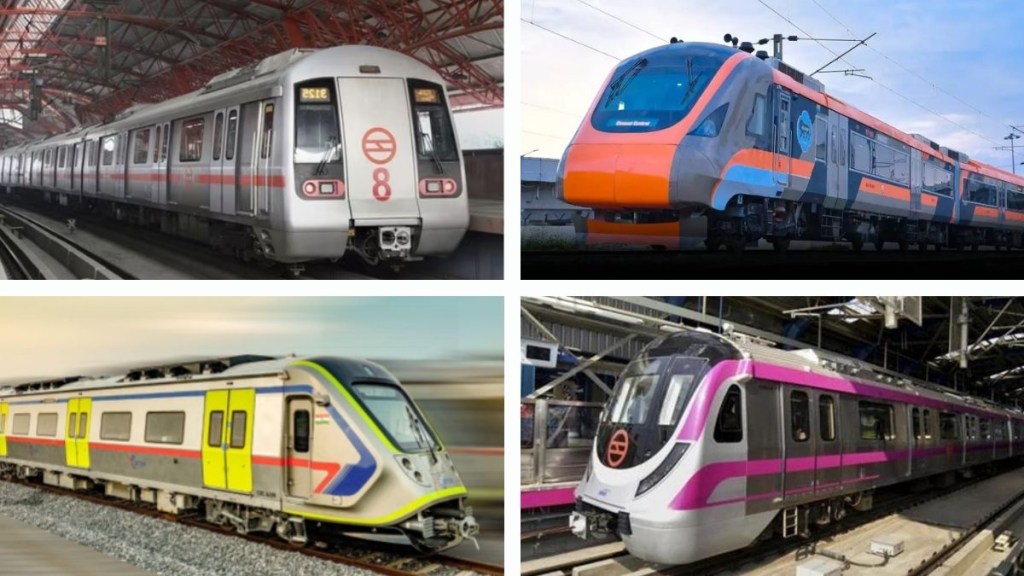India’s metro rail network has witnessed a remarkable expansion over the past decade, growing from 248 kilometers across five cities in 2014 to 973 kilometers spanning 23 cities in 2024. This rapid development highlights the nation’s commitment to improving urban infrastructure and easing mobility for millions of commuters across the country.
Tokhan Sahu, Minister of State for Housing and Urban Affairs, emphasised the government’s focus on expanding metro connectivity. He revealed that over 1,000 kilometers of metro projects are currently under construction in key urban centers such as Delhi, Bengaluru, Kolkata, Chennai, Kochi, Mumbai, Nagpur, and Ahmedabad.
Sahu stated that these projects are part of the government’s dedication to enhancing urban mobility and infrastructure. “In 2014, our metro network spanned only 248 kilometres across 5 cities. Over the past decade, 750 kilometres of metro lines have been added, bringing the total to 973 kilometres in 23 cities,” Sahu highlighted.
3 Metro projects worth Rs 31,000 cr get green light
In the first 100 days of the current administration, three major metro projects worth Rs 31,000 crore have already been approved. These include Bengaluru Metro Phase-3, the Thane Internal Ring Road Metro Project, and the southern extension of the Pune Metro Rail Project.
India set to become world’s second-largest metro network
India is now the third-largest metro rail network globally, following China and the United States. With an additional 985 kilometers of metro lines under construction, the country is set to continue its upward trajectory in urban transportation.
Indian metros currently serve over 10 million passengers daily, reflecting their crucial role in reducing congestion and promoting sustainable transport solutions in rapidly growing cities.
